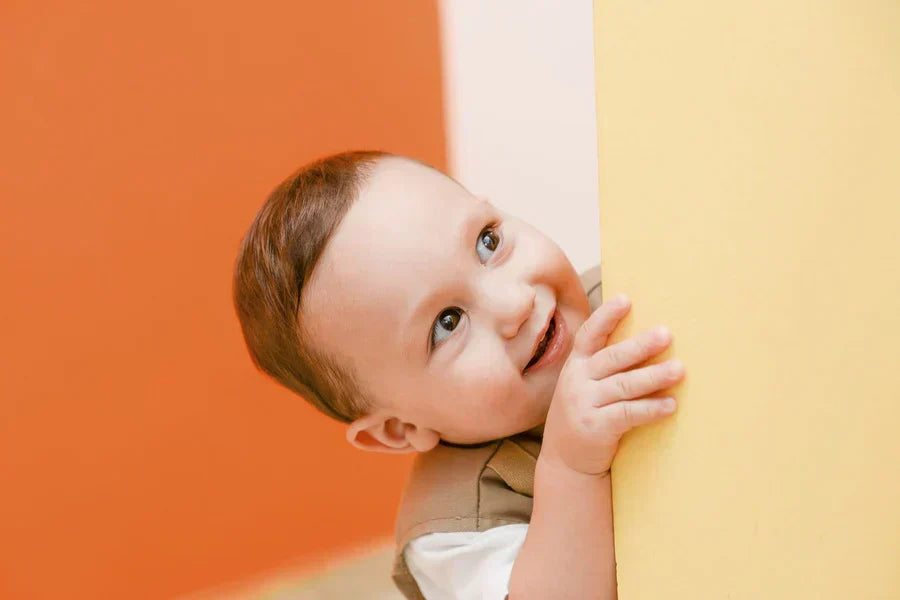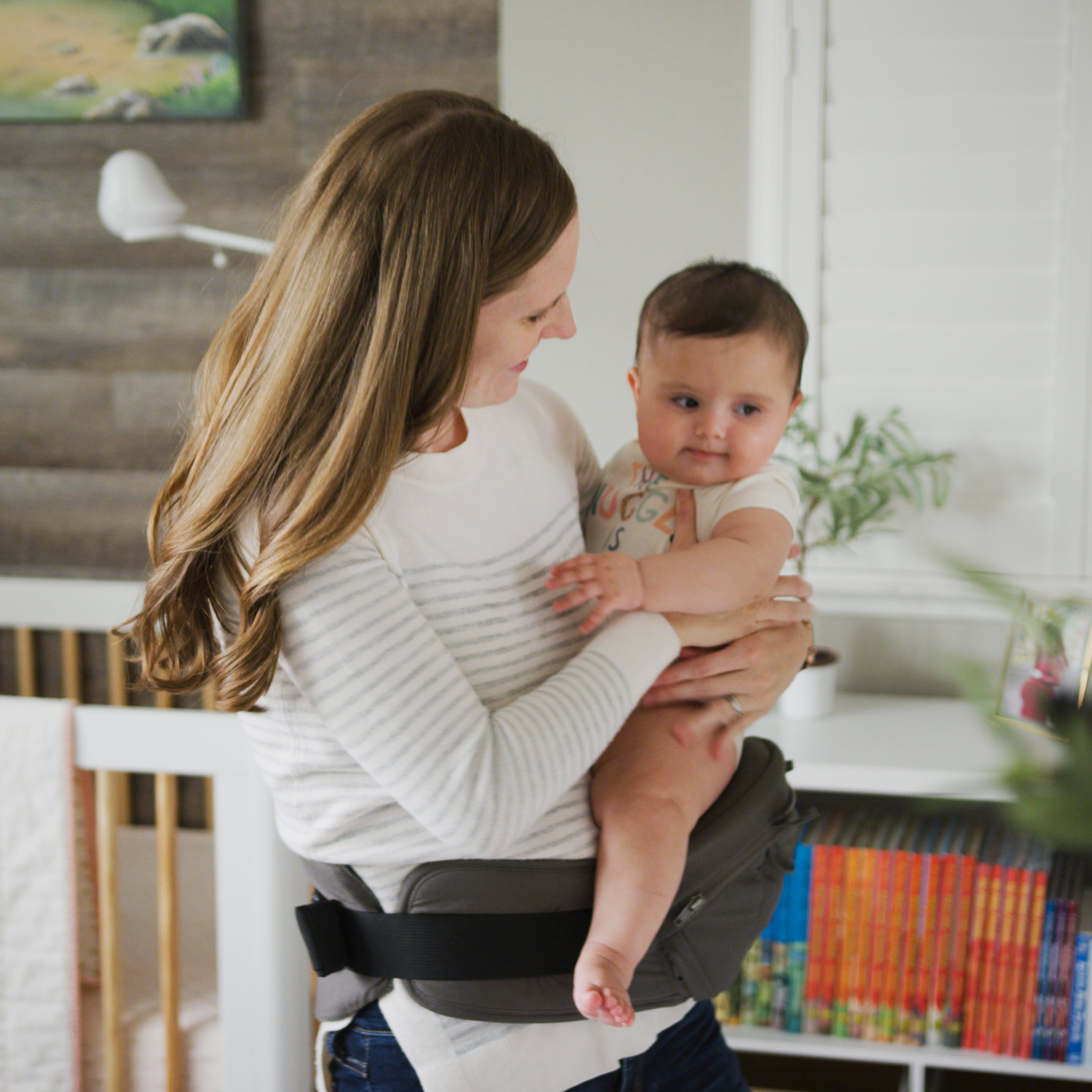The Essential Materials for Your Speech Therapist Office

A child’s eyes light up when they speak a word correctly the first time — and you feel humbled to be the one that made it happen. That’s the thrill of being a speech therapist. But getting to run your own private office as a speech therapist is like icing on the cake.
The question is, what speech therapy supplies do you need to jumpstart your speech therapy practice? And why should these supplies be in your speech-language pathology arsenal?
Here’s a rundown on the top speech therapist materials to have on hand as you kickstart your speech therapy entrepreneurial journey.
Top Speech Therapist Materials Include Chips and a Wand
One of the best speech therapy supplies to have on hand when launching your own practice is a magnetic wand with accompanying chips. The chips and wand can be an easy-to-use student motivator during a speech therapy session. For instance, you can use a chip to cover a worksheet question or your student’s articulation card. Then, when the student answers the question or speaks a word, they can retrieve the chip using the wand. It’s a fun, interactive way to improve a student’s communication skills.
Dice
Dice are also some of the best speech therapist materials to invest in. For instance, allow your student to roll the dice to get a number, like seven. Then, they must speak their target word seven times. It’s another engaging activity that will teach your student how to speak in such a way that other people will understand them.

Playdough
No list of speech therapist materials would be complete without playdough as well. This staple of speech therapy can be paired with an articulation smash mat featuring articulation words on it. To use the mat and play dough, you’ll first need to instruct your child to choose their favorite playdough color. Then, they should practice saying one of the target words. Afterward, the student should be instructed to roll up their playdough, and finally, the student should utter the target word once more and then smash the playdough over this word on the mat, creating a mold of the word. This is a hands-on activity that will keep the attention of even your youngest clients.
Sand Timers
As a speech therapy office owner, you should also add sand timers to your arsenal. These speech therapy supplies are especially handy to use when you’re giving students “brain breaks.” Allow your students to “see” time flow by watching the sand slowly travel in between speech therapy activities.

Dry Erase Board
A dry erase board is also among the most important speech therapist materials to purchase for your speech therapy practice. These must-have supplies are particularly helpful to use when you’re teaching sentence structure and grammar to adults or elementary school speech students.
Stickers
You may also want to invest in stickers as you shop around for the best speech therapy supplies for your office. Children love stickers, so they make excellent motivators. Your young clients can earn them simply for doing the tasks they’ve been assigned. They are also great for building rapport with a new child.
Laminator and Sheet Protectors
The top speech therapist materials also include a laminator and sheet protectors. A laminator will help to lengthen the lifespans of paper-based materials such as flashcards or low-technology communication boards. Likewise, sheet protectors that go into a binder can help to protect materials that you print off for speech therapy activities.
Paper Trimming Machine
Paper trimming machines are also must-have speech therapist materials, particularly when you need to cut several paper-based materials, like flashcards, at once. They are much faster and simpler to use than scissors. With a paper trimmer, you can easily complete your cutting jobs in just a handful of minutes.
Journals and Erasable Pens
Finally, be sure to add journals to your office’s collection of speech therapist materials. Journals are great for manually taking notes during speech therapy sessions, at professional conferences, or during continuing education courses.
Take Advantage of More Innovative Children’s Products By Shopping at Abiie
At Abiie, we take pride in providing you with the handiest and most innovative products for children available today, including our own innovative gear for parents and children. Our award-winning Beyond Junior Y High Chair, for example, stands out for being a high chair that grows with your child, from infancy to adulthood. We also offer our Huggs Baby Carrier with our patented HIPBELT, perfect for providing all-day comfort for little ones.
You can also take advantage of our Ruby Wrapp Bibs, which are easy to fold and secure for sanitary and compact storage and travel. In addition, our Octopod baby dishes are designed to stay put on a child’s high chair tray, making mealtime a breeze.
Experience the Abiie difference now by ordering today!
Frequently Asked Questions
1. What is the best way to select speech therapist materials?
You should choose speech therapy materials that highly motivate your students and therefore make it easier for you to teach your clients. For instance, playdough is great for conducting hands-on and multisensory speech therapy activities. Be sure to also incorporate mental breaks with the help of a sand timer to promote attentiveness and information retention.
2. Why are manual devices helpful speech therapy supplies to use?
Manual devices, such as flash cards or even wall posters, allow clients to practice speaking words over and over again until they’ve mastered them. You can use them in tandem with other speech therapy aids, like computer games, audio recordings, and video games.
3. What types of clients can benefit from the use of speech therapist materials like dice and dry erase boards?
You can use your speech therapy materials when working with clients of all ages who have a wide variety of conditions, including lisps, language delay, stuttering, aphasia, cleft palate, cerebral palsy, and autism.
 USA
USA
 Canada
Canada
 Japan
Japan
 Malaysia
Malaysia
 Singapore
Singapore
 Taiwan
Taiwan




